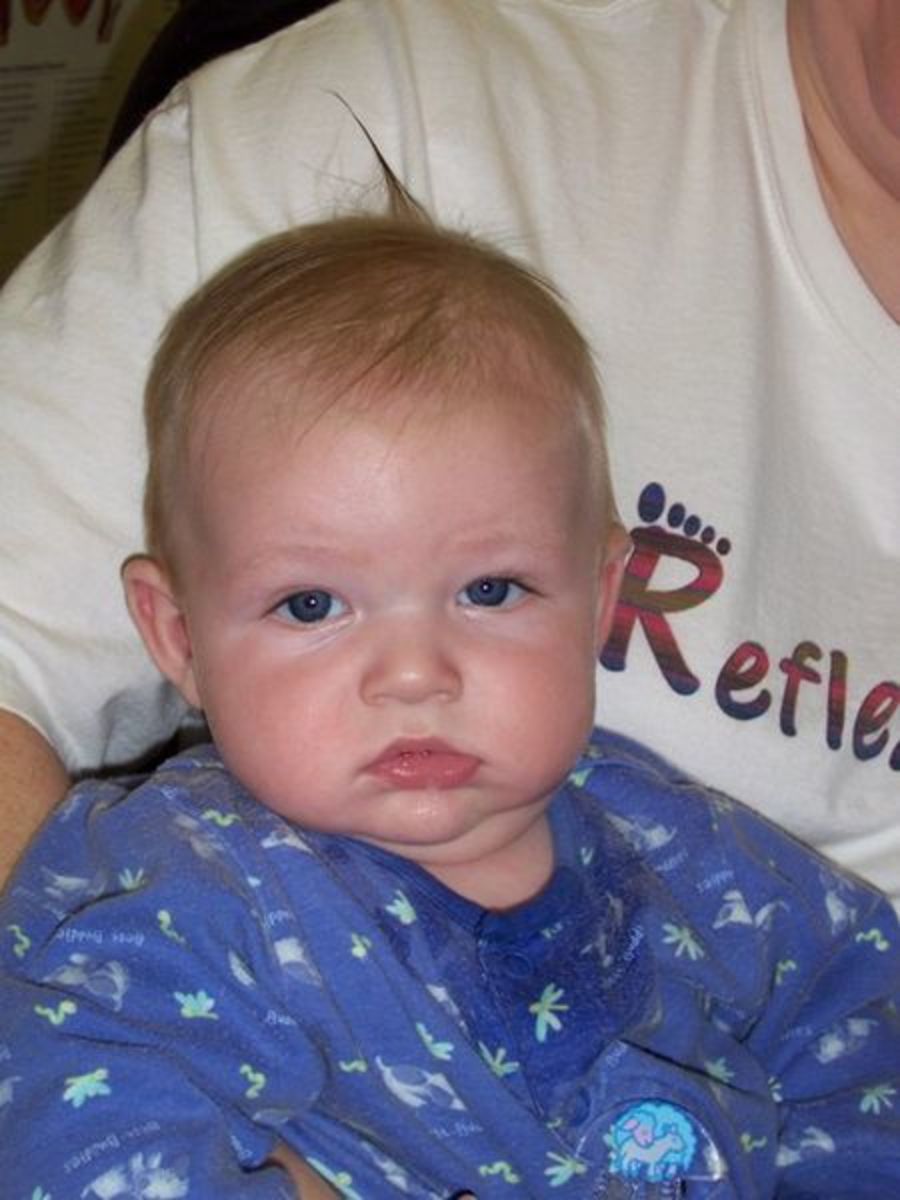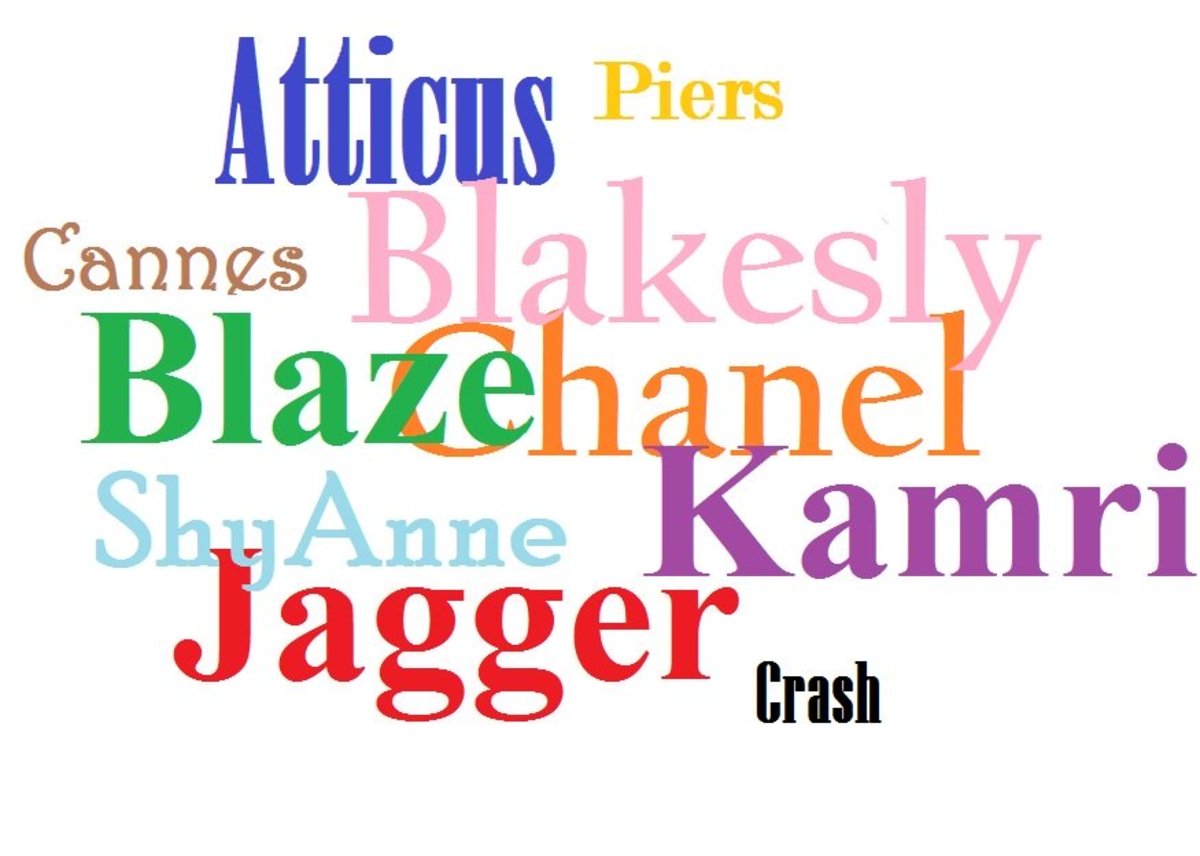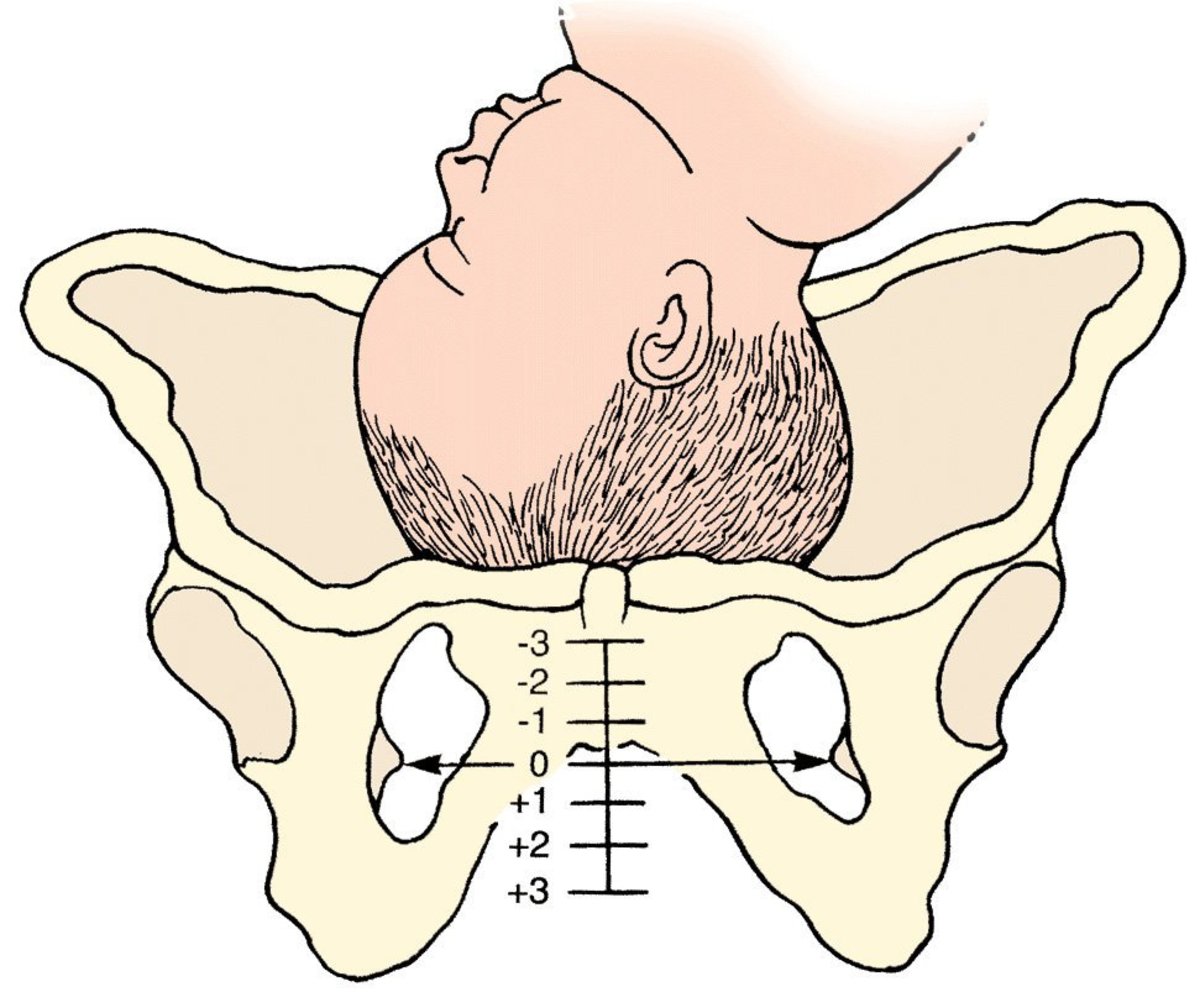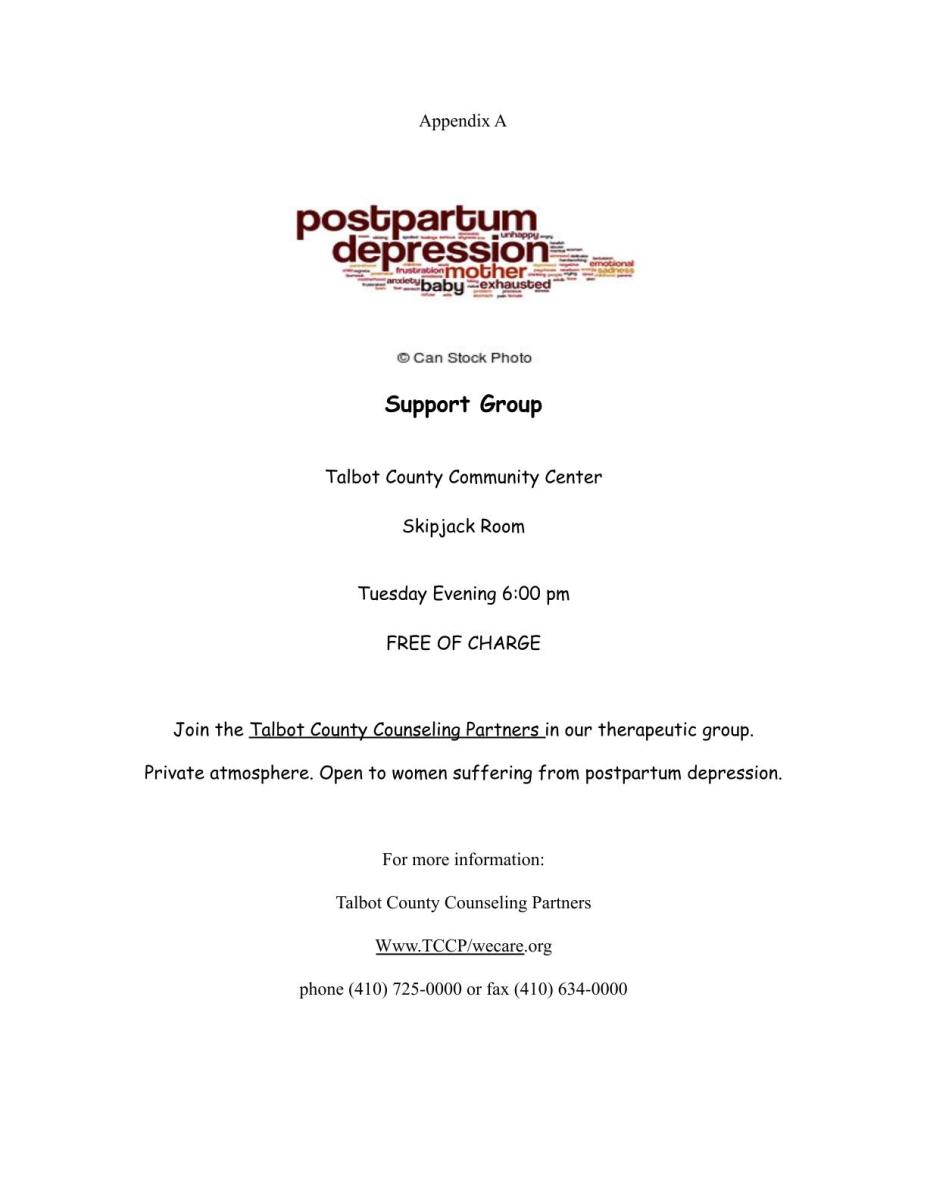Psychology & How & Why We Choose Unusual & Unique Baby Names, Possible Side Effects That May Affect Lives When We Do
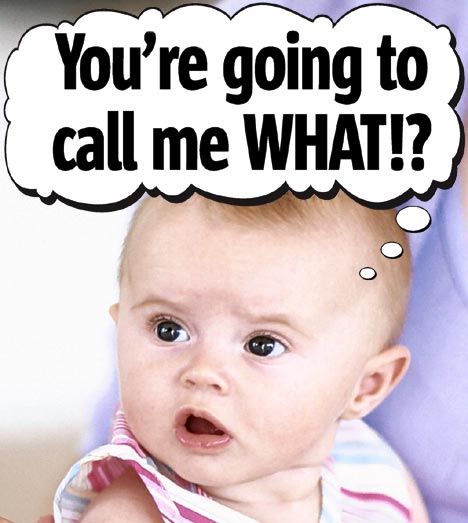
Baby Names As A Billion Dollar a Year Industry?
Choosing the name for your new addition is one of the first tasks faced by the new parent-to-be, and the anxiety over picking exactly the right name is the spark that fanned the flames of a cottage industry, which between 1990 -1996, published roughly fifty or so baby name books. Causing it to more than double in size since the year 1997, to include over one hundred such works, and fueling the success of such websites as author Laura Wattenberg's, "The Baby Name Wizard," and baby name pages such as, Baby Center's "100 Top Baby Names," turning it into a a very lucrative, billion dollar a year business.
Now it's Your Turn To Vote
Which Celebrity Baby Name Do You Think Deserves The Title Of #1 Most Bizarre?
Learn More About Baby Naming Trends From the Books Mentioned in This Hub
In general, I dislike celebrity gossip columns because of their tendency toward baiting their hooks with overused sensationalism, which has little to no bearing on the actual content, as a tactic for reeling in their readership. Therefore, it is my policy to avoid them. That said however, when a recent bout of writer's block left me to spend the afternoon drifting somewhat aimlessly through cyberspace in search of a new muse, I stumbled across a headline, that being a card carrying member of the generation to first "Want their MTV!" and who's own unique celebrity baby names, included the notorious valley girl herself, Moon Unit, and her brother, Dweezil, I just couldn't resist taking a peek.
CRACKED.com's headline, "The Top 20 Most Bizarre Celebrity Baby Names," (January 02, 2008), promised to deliver the most unusual names that celebrities had ever dared to bestow upon their progeny. With names like, Tu Morrow, (is the pun intended?), child of actor Rob Morrow, ( "Northern Exposure, Numb3rs), Pilot Inspektor, child of ("My Name is Earl," and"Alvin and the Chipmunks,") star Jason Lee, and Audio Science , child of actress Shannyn Sossaman, this sometimes irreverent tongue-in-cheek article, by Dave Imboden, lived up to it's headline, by delivering exactly as it had promised.
(1) Having reviewed the list of interesting monikers, which also included the names, Moxie Crimefighter Jillette, daughter of funny man, ("Penn and Teller,") Penn Jillette ; The daughter of Irish singer and songwriter Bob Geldof ("Boomtown Rats") , and wife Paula Yates, Fifi Trixibelle; and Kai-El , son of actor Nicholas Cage, and having found that the author had wisely combined the afore mentioned Moon Unit, and Dweezil, with siblings, Diva Thin Muffin, and Ahmet, ( children of legendary musician Frank Zappa), rather than to allow them to occupy two-thirds of the top ten, and placed them at a very respectable fourth and fifth place, I began to wonder about the naming of children.
More specifically, I began to wonder, why do we choose the names that we choose?
What's In A Name?
(2) In their book, "The Narcissism Epidemic," psychiatrists Jean Twenge & W. Keith Campbell write, "Naming rituals are central to cultures around the world and always have been. The names we choose for our children reveal our deepest wishes and desires..."
This may go a long way toward explaining the prospective parent's nearly obsessive and often times, anxiety driven, hunt for the perfect name.
From the moment that they learn of junior's impending arrival, the new parents-in-waiting will be assaulted with the first wave of their parental duties, one of the most daunting of these tasks, will be deciding upon what name it is that they will bestow upon their newly born baby.
They will have late night debates between themselves; "Should they name him or her after a favorite aunt or uncle? " "Should they choose something religious?" "Should they go with something traditional like Mary or John?" "Maybe they should opt something more unique?"
The debate will rage on, sometimes for the entirety of the pregnancy, and in most cases will lead to both casual discussions and long conversations that will include; family members, friends, co-workers, acquaintances, and because, as they will soon find out, absolutely everyone has an opinion about what they should name their new addition, the occasional total stranger. Wanting to be sure that they have exasperated every possibility, they will in the interest of thoroughness, buy at least one baby naming book, and spend countless hours scouring the on-line baby naming databases, finally finding a name that they can both agree;
But I wouldn't rush out and get that silver cup monogrammed just yet, because according to statistics, they will most likely decide upon and then reject at least one name choice before mother and child have safely crossed the threshold of the second trimester.
"All of this over something as seemingly simple as your name?" the skeptic might ask, and while I must admit, If you haven't yet been in the position of trying to choose something as permanent and as personal as a name for a person, who has not yet even entered the world, it may all seem to be a tad bit ridiculous and over the top; But just try telling this to the panic stricken parent-to-be, who woke up at three o'clock this morning with the sudden realization that whatever appellation they choose to saddle that tiny infant with, it will, from the birth-certificate to the headstone, be both the very first and the very last marker that society-at-large will use to identify him or her.
A person's name may only be one piece of a very complex identity puzzle, but it is the very first piece that has the power to say something to others about who we are as individuals. Just as physical things, such as the color of one's hair, an accent, or even the style in which we dress, may seem to give off certain hints about us or our character, so too can the name by which we are known. For example, a child who has been given an ethnic sounding name, may sight unseen, be thought to be a member of a certain race, religion, or ethnicity, even though they are not; A child with a name that sounds as if it has a lower socio-economic ring to it, may be tagged as a person who comes from a family that is less well off, or as having parents who are not well educated. Of course names, like all the above mentioned indicators, have only a fifty percent chance of being accurate.
We have all heard the adage about making a great first impression, and most of us have been told since childhood that we are not supposed to judge a book by it's cover. The truth of the matter though, is that we live together in a status conscious society, which tends to use aesthetics as it's guideline for the sizing up of one another. It is why the beautiful girl will probably get the job, even though the less attractive girl who is twenty pounds overweight is more qualified, and why we seek to look our very best when applying for a new job, or going on a first date. Our names, either for the way that they sound, or perhaps for the image that they project, are a part of that aesthetic, and so society pays attention to names, and because society pays attention to our name, so do we.
All new parents-in-waiting, obsess over the possibilities of their unborn child. "What will they look like?" " Will they have mom's eyes, or dad's nose?" Just as they fantasize over what their off-spring will look like, they are also anticipating what their natural talents and personality traits might be, and don't ever let them fool you, they are also dreaming of who that child will someday grow-up to be. Our job as parents includes the responsibility of helping to shape and mold our children into the adults that they will one day become. There is an unspoken belief that the first step in that process lies within the name that we give them. Pick the right name, and your child will have the life you imagine for them, they may even one day become President of the United States; But pick the wrong name, and you have somehow doomed them for life.
It is the belief that we as parents can somehow alter our children's destiny, if we just somehow manage to pick exactly the right name, that starts us all down the slippery slope of deciding just what that name should be. Even with all the tools and advice, and opinions of others that are available to the new parent-to-be, when it comes down to it, the choice is still solely the parent's responsibility and there is plenty of room for both success and a total naming disaster.
Would A Rose By Any Other Name Smell As Sweet?
According to a study conducted on (3) Bounty.com , one in five of the 3,000 British parents who were polled, regrets either the name or the unusual spelling of the name, that they chose for their off-spring, and even the parents who didn't explicitly regret the name, wish that they had done more research, or chosen differently.
So if as a parent, you regret the name that you have chosen, what does that say about how the child in question feels about the name that they have been given?
(4) Carlin Flora's article "Hello, My Name is Unique" (Psychology Today, March 01, 2004), states that;
"no one can predict whether a name will be consistent with a child's or a teen's view of herself, The name, whether it is of ethnic, unique or white-bread origin, will not matter if it doesn't reinforce her sense of self, she will probably be unhappy with it and may even feel alienated from parents or peers because of it."
But could this have nothing at all to do with the name its self, and be nothing more than another sign of teenage angst?
At least one expert seems to thinks so, (5) psychologist and author, Ron Taffel, ("Nurturing Good Children Now") is quoted in the same article as saying;
" If self-esteem is low, even a David or a Jenny, could hate their names - as a reflection of how they feel about themselves."
Where does that leave our guilt-ridden parents, who by the time that their child has reached puberty, has declared that "their life is horrible and it's all because you stuck me with such a stupid name?"
Take heart parents, all hope is not lost! According to most experts, a small minority of those who have issues with their names, take the steps to legally change them as soon as they are able, (voiding out your responsibility for their misery), while the overwhelming majority reports, that by the time they have reached adulthood, they actually feel empowered by the uniqueness of their name. (Which means that you were right all along!)
Can A Name Be Either Good or Bad?
Since there is hardly a person on the planet who has not had some experience with a bad name, (You've winced silently, at the name your very pregnant best-friend is so crazy about, or you remember a schoolmate who was endlessly tormented, or in the worst case scenario, your own well-intentioned, though misguided parents, gave you a name which turned out to be so catastrophic, that you legally changed it the moment just after you turned eighteen,) this question is somewhat rhetorical, but what is it that classifies a name as either good or bad?
Adding to the new parent-to-be's ever mounting naming anxiety, comes a growing body of evidence that indicates that any name they choose for their newborn, could potentially be the cause of profoundly negative effects, resulting in among other things, disciplinary problems, low self esteem, and socio-economic issues, the echo of which may be heard long after childhood has ended. To complicate matters even further, it isn't just those traditionally obvious, or modern day stereo-typed so called bad names that you must be wary of either, but in an era when there is a larger desire for our children to stand-out or be one-of-a-kind, as opposed to a previous desire to have them fit-in, there is more room for potential baby naming disaster.
Boys for instance, who have been given a name that is traditionally girly sounding, have been known to have a higher incident rate for behavioral problems. Although, the difference may not be seen in elementary school, where the boys with the more feminine names appear to behave in the same manner as their more masculine sounding counterparts, by the time that they are moving on to middle-school, or junior high school, this is not necessarily so.
(6) "Once these kids hit sixth grade, all of a sudden the rates for discipline just skyrocket and it was much more the case if there happened to be a girl in the grade with that same name..." David Figlio, of Northwestern University, was quoted as saying in Live Science.com's June 2010 article "Good or Bad, Baby Names Have Long-lasting Effects," (Jeanna Bryner)
Girls are not immune to the possible long-term effects of their names either; a 2005 study also conducted by Figlio , found that high school girls with more predictably feminine names, such as Kayla and Isabella, were more likely to choose advanced courses in humanities, while girls with more masculine or androgynous sounding names, (such as my own daughter Jordan), were more likely to choose math and science related courses.
But not all experts concur. What are the consequences of a particular name on a child's self-image?
(7)"They're not earth shattering" according to psychologist and assistant dean at George Mason University, Martin Ford, who's study was quoted in the 2004 Pyschology Today article"Hello, My Name is Unique" (Carlin Flora).
Ford's study found no such correlation between the popularity or social desirability of a child's given name, and academic or social achievement.
"This doesn't mean that a name would never have any effect of a child's development, he explains, But it does suggest that the probability of a positive effect is as large as a negative effect. It also suggests that a name is unlikely to be a significant factor in most children development."
What's more, there may be evidence to support the theory that the long term effects of one's name could have more to do with the parents and their parenting style than the actual name.
(8) In the same Psychology Today, article, professor emeritus of psychology, Brown University, Lewis Lipsitt, suggests that If parents give a child an offbeat name, "They are probably outliers willing to buck convention, and that [parental trait] will have a greater effect on their child than does the name."
TRENDS IN BABY NAMES
All one has to do is to look at the Social Security Administration's yearly list of the top baby names to see that the names that we give our children tend to come and go in waves that follow certain trends. But when it comes to the reasons for why these trends exist in the first place, theories and opinions vary.
At the beginning of the last century, there was a trend toward the names that began with vowel sounds. Names like Amanda and Edward were among the top contenders. As the century progressed, the usages of such names fell off, and were replaced in the late 1940s and 1950s with the harder sounding consonant driven names such as Donald and Donna. In the mid to late 1990s however, the shift had once again taken a turn toward those names which begin with vowels. In 2009 the top ten girls names included the names; Isabelle, Emily, Olivia and Ava, for the boys however, names beginning with consonants were still dominant with only names as Ethan, Alexander, Anthony cracking the top ten.
There are some that suggest that it is (9) the internal poetics, or in the way that the name sounds, "the toughness of Tommy versus the bounciness of Betty." ("Why Your Baby's Name Will Sound Like Everyone Else's Wired Science. com, May 08, 2009) may play a part in why we like the sounds of certain names versus the sounds of others.
In the same Wired Science.com article however, Harvard sociologist, and author of "A Matter of Taste; How Names, Fashions and Culture Change," Stanley Lieberson says, "It has no meaning, It's a chance factor" Lieberson's data went on to show that, "real substantive occur, but simply as changes a function of varying parental preference for just how different children's names should be."
So what really causes the shift in the naming trends? Some say that it can be driven by pop culture, while other's name religion, personal interests, and even our attachment to material possessions.(10) For instance a search of birth certificates for the year 2000 proved that there were 298 Armanis; 269 Chanels; 49 Canons; 6 Timberlands; 5 Jaguars, and 353 girls named Lexus.
SOCIAL SECURITY ADMINISTRATION'S TOP NAMES OVER THE LAST 100 YEARS 1910 -2009
MALES
| FEMALES
| ||||
|---|---|---|---|---|---|
RANK
| NAME
| NUMBER
| NAME
| NUMBERS
| |
1).
| JAMES
| 4, 868, 315
| MARY
| 3,716,510
| |
2).
| JOHN
| 4,772,995
| PATRICIA
| 1,566,458
| |
3).
| ROBERT
| 4,673,820
| JENNIFER
| 1,452,299
| |
4).
| MICHAEL
| 4,213,285
| ELIZABETH
| 1,450,852
| |
5).
| WILLIAM
| 3,742,674
| LINDA
| 1,445,876
| |
6).
| DAVID
| 3,487,684
| BARBARA
| 1,422,234
| |
7).
| RICHARD
| 2,513,984
| MARGARET
| 1,113,237
| |
8).
| JOSEPH
| 2,414,644
| SUSAN
| 1,108,234
| |
9).
| CHARLES
| 2,208,357
| DOROTHY
| 1,051,935
| |
10).
| THOMAS
| 2,180,652
| JESSICA
| 1,027,963
|
This table shows top 10 most popular given names for male and female babies born during the last 100 years. (1910-2009)For each rank and sex the table shows the name and number of occurrences of that name. These time tested popular names were taken f
Why do We Choose The Names That We Choose?
So it seems, that when it comes down to the naming of children, why we choose the names that we choose, may really only come down to the fact that the choosing of a name for one's child is as subjective to the influence of the parent's likes, dislikes, exposure to popular culture, religion, and cultural backgrounds, as the choosing of clothing is to the influence of current fashion trends. In other words, once we have weighed all of the options, looked at all of the data, and debated the positive and negative of the name or names that we are considering, we essentially still choose the name that we like the best.
Sources
(2), (9), Why Your Baby's Name Will Sound Liike Everyone Elses. (2009, May 8). Retrieved February 10, 2011, from wired.com: http://www.wired.com/wiredscience/tag/sociology/
(3), (6), Bryner, J. (2010, June 13). Good or Bad, Baby Names Have Long-lasting Effects. Retrieved February 9, 2011, from Live Science.com: http://www.livescience.com/6569-good-bad-baby-names-long-lasting-effects.html
(4), (5), (7), (8), (10), Flora, C. (2004, March 01). Hello, My Name is Unique. Retrieved February 9, 2011, from Psychology Today.
(1), Imboden, D. (2008, January 02). 20 Most Bizarre Celebrity Baby Names. Retrieved February 5, 2011, from CRACKED.com: http://www.cracked.com/article_15765_the-20-most-bizarre-celebrity-baby-names_p2.html



